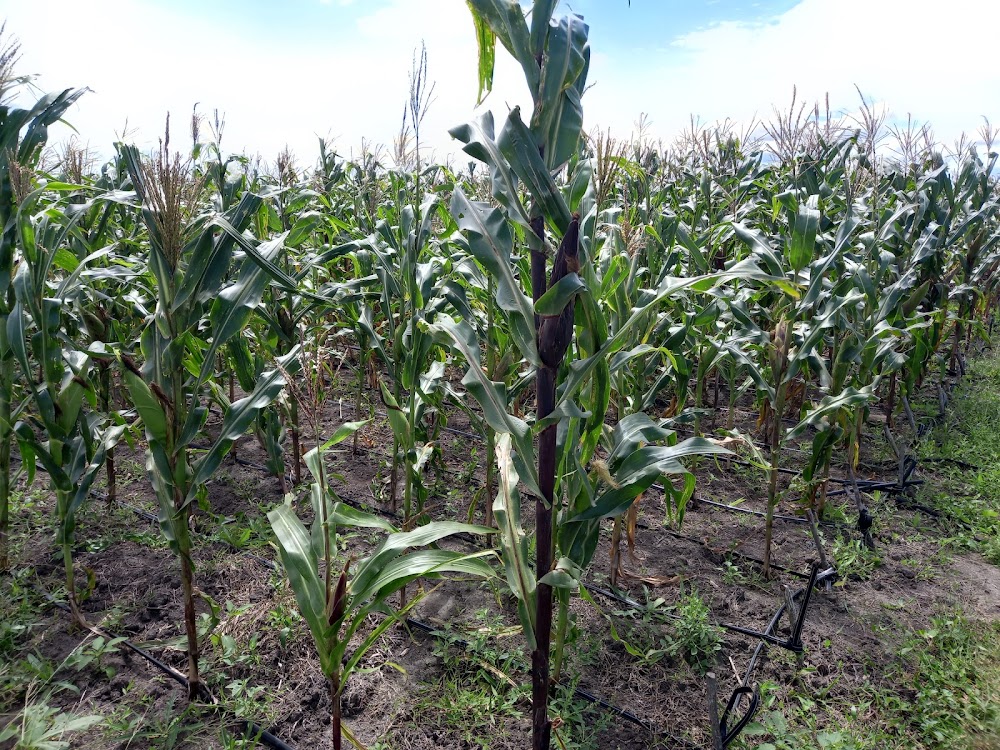Small-scale farmers produce a third (32 per cent) of the world’s food yet only 0.3 per cent of international climate finance was spent helping them adapt in 2021, a new report reveals.
The research, Untapped Potential by Climate Food Focus representing over 35 million small-scale producers was released ahead of COP 28 which is set to agree on a Global Goal for Adaptation.
The report reveals that the agri-food sector received $8.4 billion in international public climate finance.
This is said to be around half the $16 billion spent on energy with climate-vulnerable and food insecure countries such as Zambia and Sierra Leone getting just $20 million each.
It shows that just 2 per cent of international public climate finance ($2 billion) was directed at small-scale family farmers and rural communities equivalent to around 0.3 per cent of total climate finance.
Smallholders’ finance needs are estimated at $170 billion per year in Sub-Saharan Africa alone.
Chair of the Eastern and Southern Africa small-scale Farmers Forum Hakim Baliriane said climate change has helped push 122 million people into hunger since 2019.
“Reversing this trend will not be possible if governments continue to tie the hands of millions of family farmers. Together we produce a third of the world’s food yet we receive a fraction of the climate finance we need to adapt,” Baliriane said.
The report showed that only a fifth (19 per cent) of international public climate finance spending on food and agriculture was used to support sustainable and resilient practices such as agroecology ($1.6 billion).
It further shows that 80 per cent of international public climate finance spent on the agri-food sector is channelled through recipient governments and donor country NGOs.
This makes it harder for family farmer organisations to access because of complex eligibility rules and application processes, and a lack of information on how and where to apply.
Family farmers received just a quarter (24 per cent) of finance spent on the agri-food sector in 2021.
President of the Confederation of Family Producer Organizations of Expanded Mercosur Alberto Broch said more than 600 million farms are already engaged in building more sustainable and resilient food systems.
“They have a wealth of knowledge and experience that must be tapped. By including their voices in decision-making and ensuring direct access to more climate finance, we can create a powerful alliance in the fight against climate change,” Broch said.
The analysis shows over 2.5 billion people globally depend on family farms for their livelihoods.
The Intergovernmental Panel on Climate Change (IPCC) said the most effective way to safeguard food security is to shift to more nature-friendly and diverse food systems.
Family farmers are at the forefront of these efforts.
For example in the Pacific, farmers are planting breadfruit trees alongside other crops as it is drought resistant, seldom uprooted by storms and cyclones and produce a nutritious staple food crop.
Secretary General of the Asian Farmers Association Esther Penunia said:
“Generations of family farming experience tell us that working with nature and empowering local communities is key to safeguarding food production in a changing climate.
“There needs to be a major re-think of climate finance to support these tried and tested climate solutions with much more finance targeted at family farmers and sustainable practices such as agroecology.”
